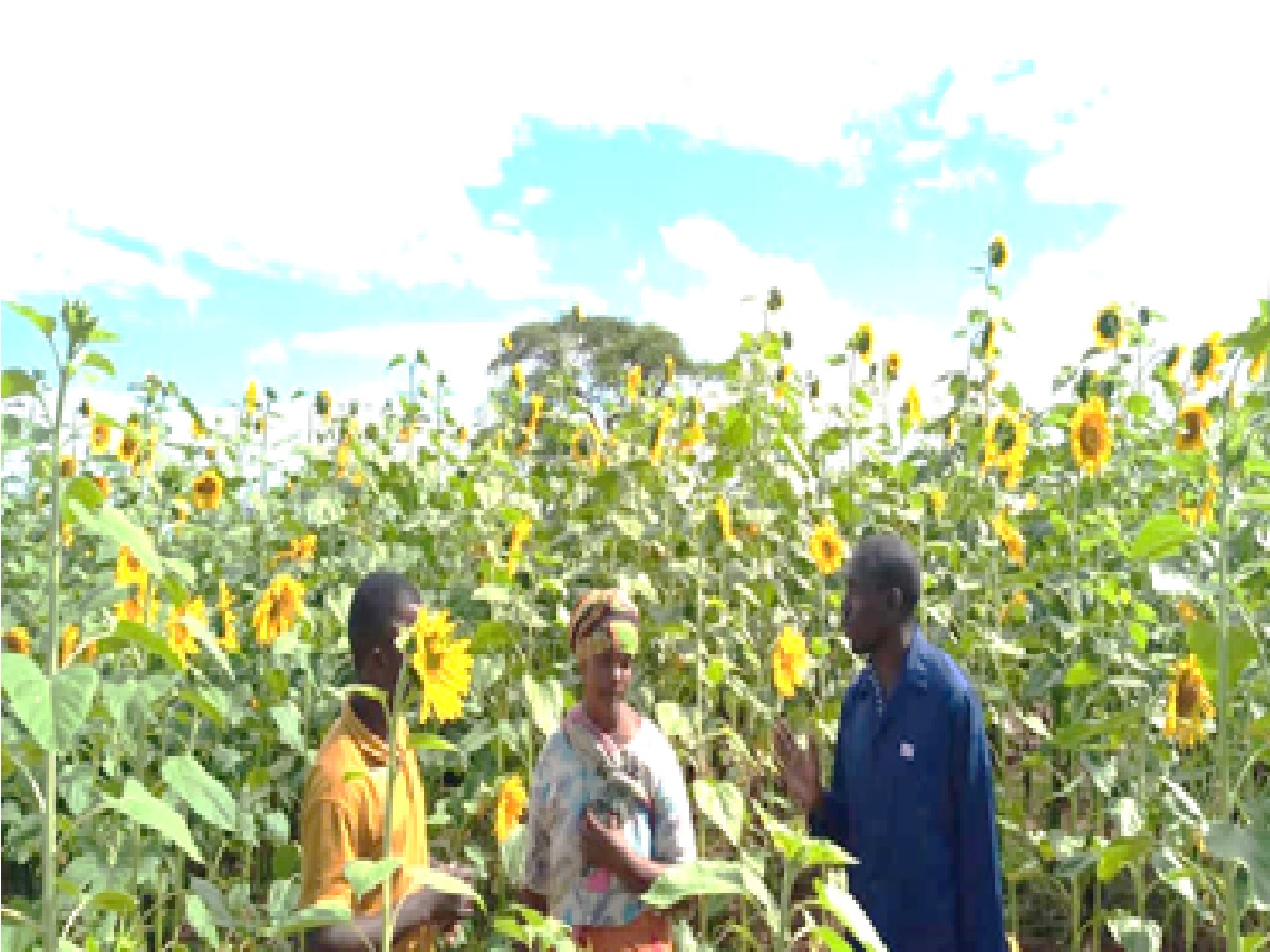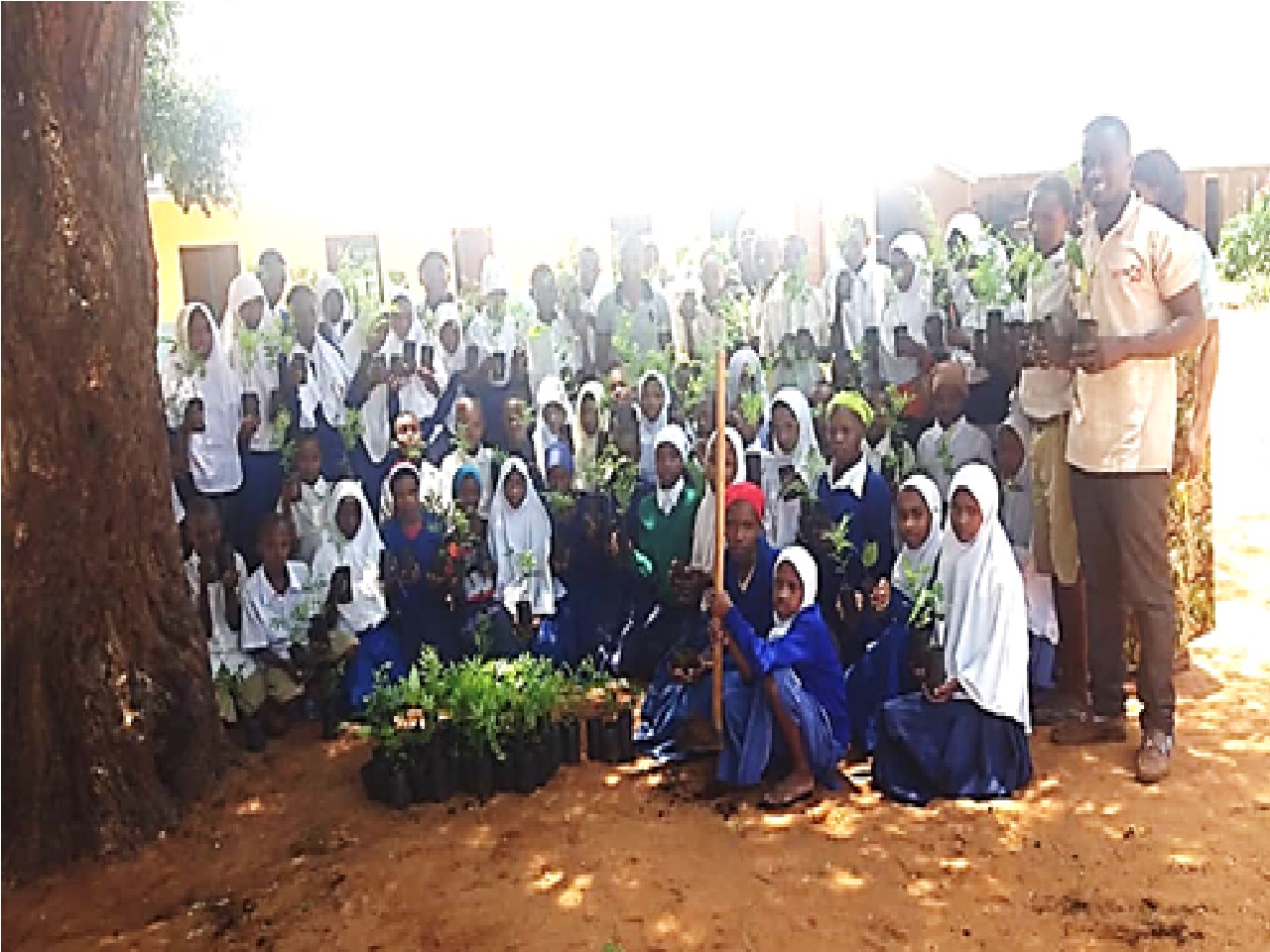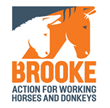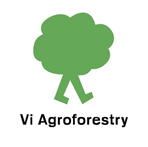Inades-Formation Tanzania
NATIONAL ASSOCIATION SINCE 1994
Key figures
17,223 people benefited
134 organizations supported
05 completed projects
Story
Inades Formation Tanzania is a non-governmental organization (NGO) affiliated to the international association of Inades Formation. It was established in 1989 as a branch of Inades Formation Kenya. In 1992, it became an independent National Bureau. In 1994, inades-Formation Tanzania became a National Association, registered with the Tanzanian Ministry of Interior. Governance is ensured by a Board of Directors. As a member of the Inades-Formation network, Inades-Formation Tanzania shares its vision which is: “A prosperous and influential rural world”.
Projects

Horticulture Project
The bodies of Inades-formation Tanzania
1. The General Assembly
The General Assembly is the supreme organ of the association. It determines the general orientations of the activity of the Association and the objectives to be pursued.
2. The Executive Committee
The Executive Committee has the most extensive powers on behalf of the National Association in matters of administration. In particular, it has the powers of:
- Appoint the Director of the National Office and submit it to the approval of the President of the International Association
- Ensure the application of the decisions of the General Assembly;
- Approve the action plan;
- Approve the Annual Work Plan (PTA) and the corresponding budget;
- Read more ….
3. The Supervisory Board
The Supervisory Board has the following missions, among others:
- Monitor the achievement of the Association’s corporate purpose;
- Periodically monitor the Association’s expenses and suggest ways and means of optimizing the budget for overheads;
- Follow the management of the association by the Executive Committee and offer advice for improvement if necessary;
- Ensure the preservation of heritage;
- Ensure compliance with legal and regulatory requirements as well as the decisions of the bodies.
4. The National Office
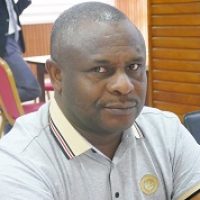
Mr. Mbarwa KIVUYO
Managing Director

Mr. MNGELELE Dickson
Administrative and Finance Manager

Mrs NICODEMUS Jacqueline
Head of Programs
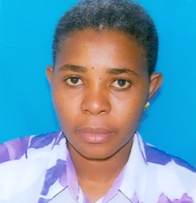
Mrs. MTETEWAUNGA Victoria
Accounting Assistant

Mr. NYINGI Fadhili Geoffrey
Monitoring and evaluation officer

Mr. KIHWELE Michael
Agricultural project manager

Mr. RAJABU Rajabu Adamu
Gender and community health project manager

Mr. NJAU Martin
Agroforestry Officer

Mr. GEORGE George pharles
Livestock manager

Mrs LUMOLE Zerida samwel
Nitrition officer

Mr. KAMULALI Alinda
Conservation Agriculture Coordinator
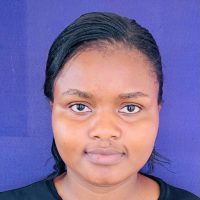
Mrs Heavenlight Luzinge
Correspondence Course Coordinator

Mrs PAMBA Levina Paul
Executive Secretary

Mr. LOUIS Christopher john
Driver Mechanic

Mr. NZALALILA Bernard Gideon
Driver
Contact Inades-Formation Tanzania
Phone
+255 26 235 42 30
Geographic address
PO Box 203 Dodoma
Tanzania
E-mail address
inadesformation.tanzania@inadesfo.net
